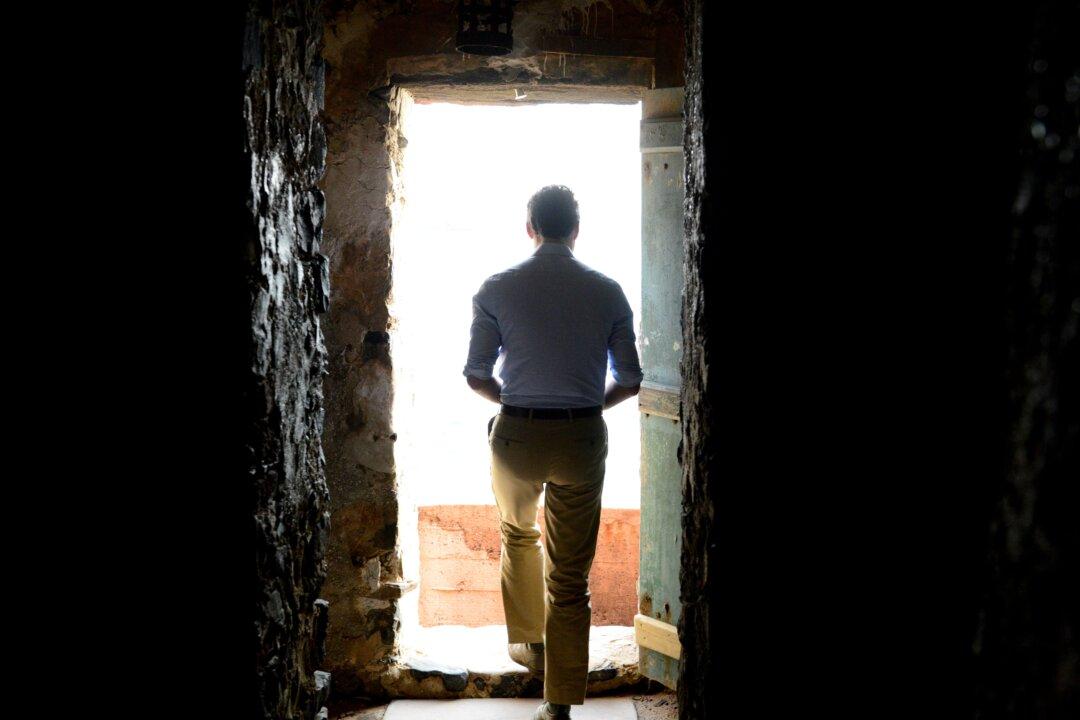News Analysis
When Prime Minister Justin Trudeau was on his second official trip to China in late 2017 in the sunny days of Ottawa’s pursuit of warmer ties and a possible free trade deal with Beijing, human rights groups said Canada has been failing to call out China on its human rights record. In the end, it was Ottawa’s insistence on making the agreement a “progressive trade deal” that derailed preliminary discussions.





